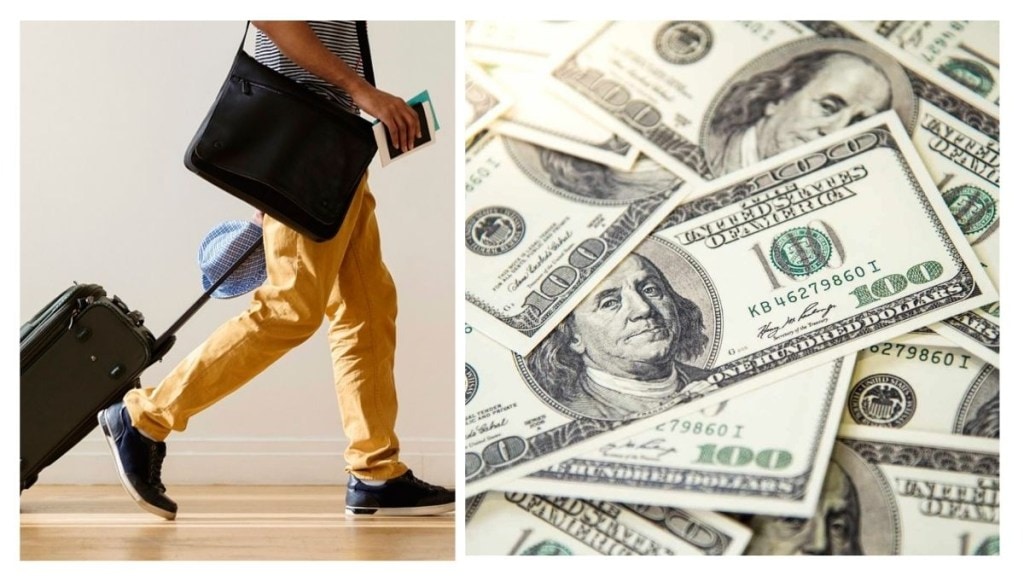When a last-minute medical emergency forced a U.S. traveler to cancel his dream vacation to Medellín, Colombia, he was met with a hard truth from travel providers, *“No refunds. No exceptions.” But what followed became a compelling example of persistence—and the surprising effectiveness of artificial intelligence.
“I booked a hotel and flight through Expedia,” the traveler shared in a now-viral Reddit post. “The hotel had a no-cancellation policy. The airline had a no-cancellation policy as well. I asked — and they both absolutely said no.” Staring at a potential loss of $2,500 (roughly ₹210,000), he turned to an unexpected ally: ChatGPT. The traveler had not purchased travel insurance, and both the hotel and airline were adamant about their non-refundable terms. It wasn’t until his appeals were denied that he decided to cite a legitimate medical condition—Generalized Anxiety Disorder (GAD)—supported by a doctor’s note.
“I asked ChatGPT to act as my lawyer and advocate for me,” he explained. “I used the medical excuse, which would be GAD. I did get a doctor’s note about it.” ChatGPT then helped him craft a formal, well-researched appeal, carefully referencing policies from Expedia, the hotel, and the airline—all while explaining his medical circumstances. The result?
“The hotel granted me my refund due to a medical condition,” he wrote. The airline, however, was a tougher case. According to their policy, only terminal illness or death justified an exception. GAD didn’t qualify. “I shared the response with ChatGPT and it wrote me another letter to give to the international airline,” he said.
“It described reasons why and how my medical condition can really affect the flight and that they were being biased based on a mental illness.” Within an hour, the airline reversed its decision and issued a full refund.
“This is the future”
The story quickly gained traction on Reddit, with many praising the traveler’s resourcefulness and ChatGPT’s utility. One commenter remarked: “ChatGPT might have just paid for itself a hundred times over in one shot.” Another added: “A reminder: Don’t take ‘no’ at face value.” But not everyone was on board. One user sharply criticised the ethics of the approach: “Congratulations. It’s because of people like you that cause companies to treat customers poorly. So you lie to get something you’re not entitled to receive. You’re probably the same type of person to wear a new piece of clothing once to an event and return it. I guess honesty and integrity are out-of-date character traits.” The traveler was quick to clarify that ChatGPT hadn’t fabricated any part of his case—it simply helped him communicate a real medical issue in a more compelling, structured way. ” Had I not used ChatGPT, I would have had to hire a paralegal,” he explained. “And that would’ve cost me more money.”

